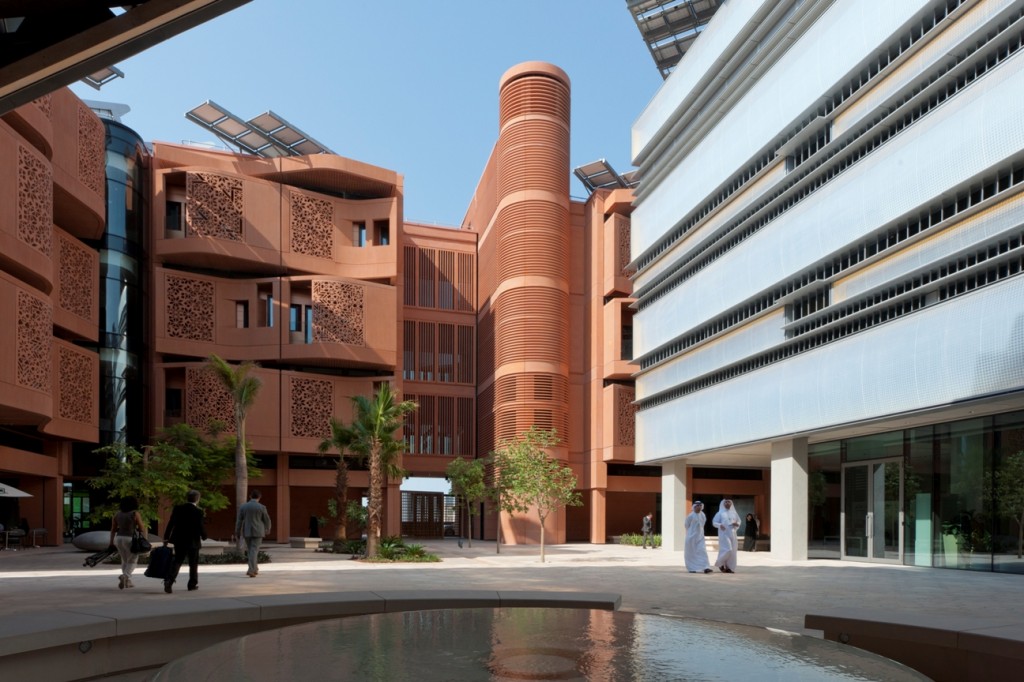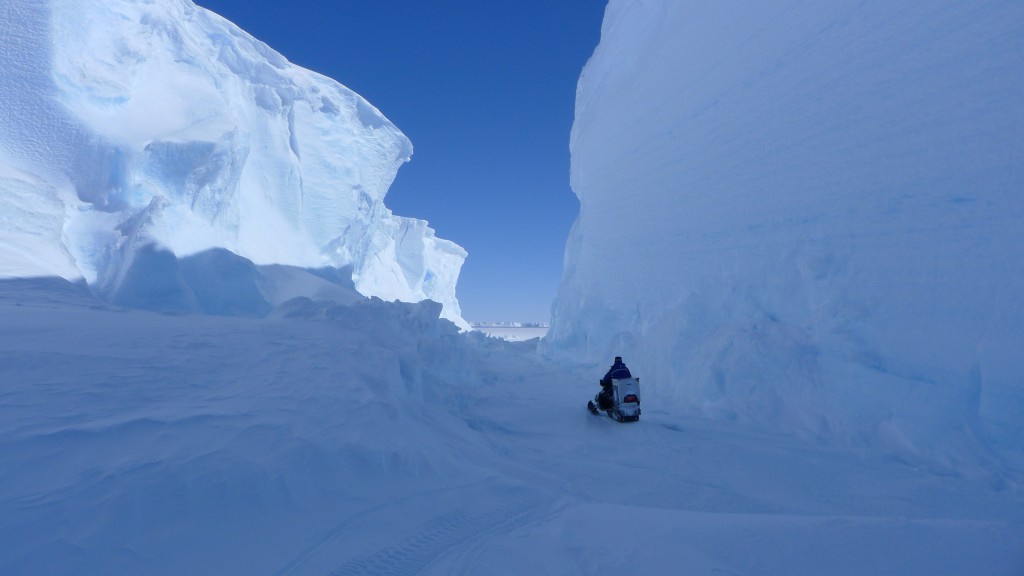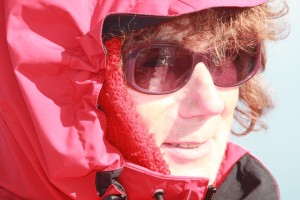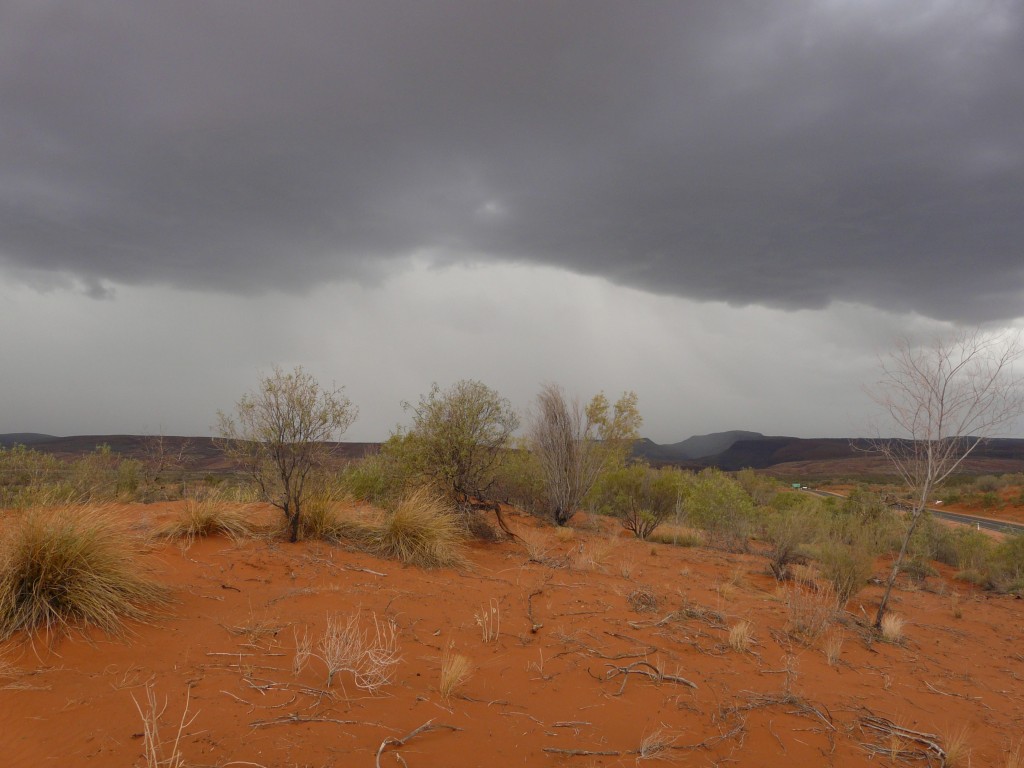Climate-friendly clean energy from Abu Dhabi?

Masdar City, designed as a CO2-neutral sustainable model city for the future. It has its fans and its critics – I will have a look for myself this week.
Ever since it was decided to hold the 2012 UN climate conference in Qatar, I’ve been interested in the position of renewable energies in the oil- and gas-rich Gulf region. These countries would have the wealth to invest in innovative technologies and plenty of sun to harvest – but is there the motivation, given that their prosperity is based on the fossil fuels business? Recently, things seem to be moving with regard to solar energy in the area.Tonight I arrived in Abu Dhabi, the home of Masdar city. The World Future Energy Summit will be held here this coming week, as part of Abu Dhabi Sustainability Week. Given the huge ecological footprint and per-capita emissions record of the region, thinking about sustainability can only be a good idea. I’ll be visiting Masdar in the course of the week and attending some of the events – including an international water summit, as well as the energy meetings. It will be good to get an impression first-hand of what is happening in this key region with regard to halting climate change – and what would still need to be done.
China to step up polar activities in 2013
I am finding people increasingly interested in the Arctic and Antarctic as climate change opens up more prospects of getting at the natural resources in the region or using it for transport. The latest example of top-level international interest is an announcement by China. Beijing is planning to launch its 30th expedition to the Antarctic region this year as well as its 6th Arctic expedition. This interest is not new, but clearly intensifying. (See China’s Arctic ambitions spark concern).
According to China Daily, quoting a document released at a maritime work conference on Thursday, the country is also planning to build more Antarctic research bases. There are plans to put more resources into planes for scientific expeditions and to “ensure the quality of newly-built icebreakers”.
The paper also refers in particular to “the protection of the country’s strategic interests in the Arctic region”. Now there is some food for thought.
Increasing international political and strategic interest in the Arctic will be on the agenda at the Arctic Frontiers conference in Tromsö, Norway, starting January 21st. Watch this space.
”Tis the Season… to drill ice cores!”

Alain Hubert, expedition team leader for the IceCon and Be:Wise projects investigating the Antarctic ice sheet. Courtesy of International Polar Foundation
As the year draws towards an end, winter officially starts and the longest night is before us here in the northern hemisphere, I have been entranced by photos from the Antarctic, full of light and white and 90 shades of blue. With a holiday break ahead of me, let me direct you to some more of these spectactular pictures and the stories of the hard work behind them, with the scientists from the International Polar Foundation out there examining the ice sheet. As I’ve been writing here on the Ice Blog recently, the Antarctic is also being affected by climate change, but to a different extent in different places. We only know this thanks to the work of scientists like Reinhard Drews and others who make their way down there and carry out the hard work.

Glaciologist and InBev-Baillet Latour Antarctic Fellowship recipient Reinhard Drews installing a GPS station on the Roi Baudoin ice shelf as part of the Be:Wise scientific project. (Copyright: International Polar Foundation)
A happy new year to you scientists out there in the field – and all ice blog followers. More from me on January 9th!! Comments welcome in the meantime.
Much ado about nothing? So much for the big climate conference
No, there’s no ice on the picture. It’s actually one I took on a trip to Australia. But the mood matches my mood as I reflect on the results from Doha. What a meagre outcome. Kyoto extended – big deal. The reduction pledges are too low, there are too few countries involved. Without the USA and China committing to substantial reductions, there is little chance of reaching that two degree target – or even a four-degree target, which even the World Bank says could be on the cards, and scientists agree would be pretty devastating for the planet. The developing countries battling drought and floods, the small island states sinking in rising seas – are still left wondering where the money they’ve been promised to help them cope is going to come from. And it seems to me a real plan for that next world climate agreement must be far off on that dark, dusty horizon somewhere.
Let’s not wait for the next round of UN talks. We need to take action now. That means politicians, industry – and you and me. Listening to people talking about the outcome, the biggest danger I see is that people think there is nothing we can do anyway. I know it’s frustrating. I do not expect much of these mega annual climate-shows. But that shouldn’t stop us from pushing ahead with energy saving, renewables and anything we can do to make our lifestyles more sustainable.
The long Doha wait – is it worth it?
Still waiting for the outcome of the conference. My expectations are not high. Some of the ngo representatives have just said it would be better to let the conference end with no agreement rather than unsatisfactory compromises. I can see their point of view. If there can be no definitive pledges to the developing world of the funding needed for adaptation, what is the point in agreeing? If the Kyoto compromise will still let Russia and eastern European countries use up old emissions permits, is there really anything gained? And without a single pledge of significant reductions, things do not look good for a new world climate agreement from 2020. On the other hand, it would be a very bad sign if nothing came out of Doha. But the chances of anything substantial being agreed still seem to me virtually non-existent. Meanwhile, there seems to be one study after another coming out about the accelerating ice melt in the polar regions. And I think you can forget that 2 degrees target.
























Feedback